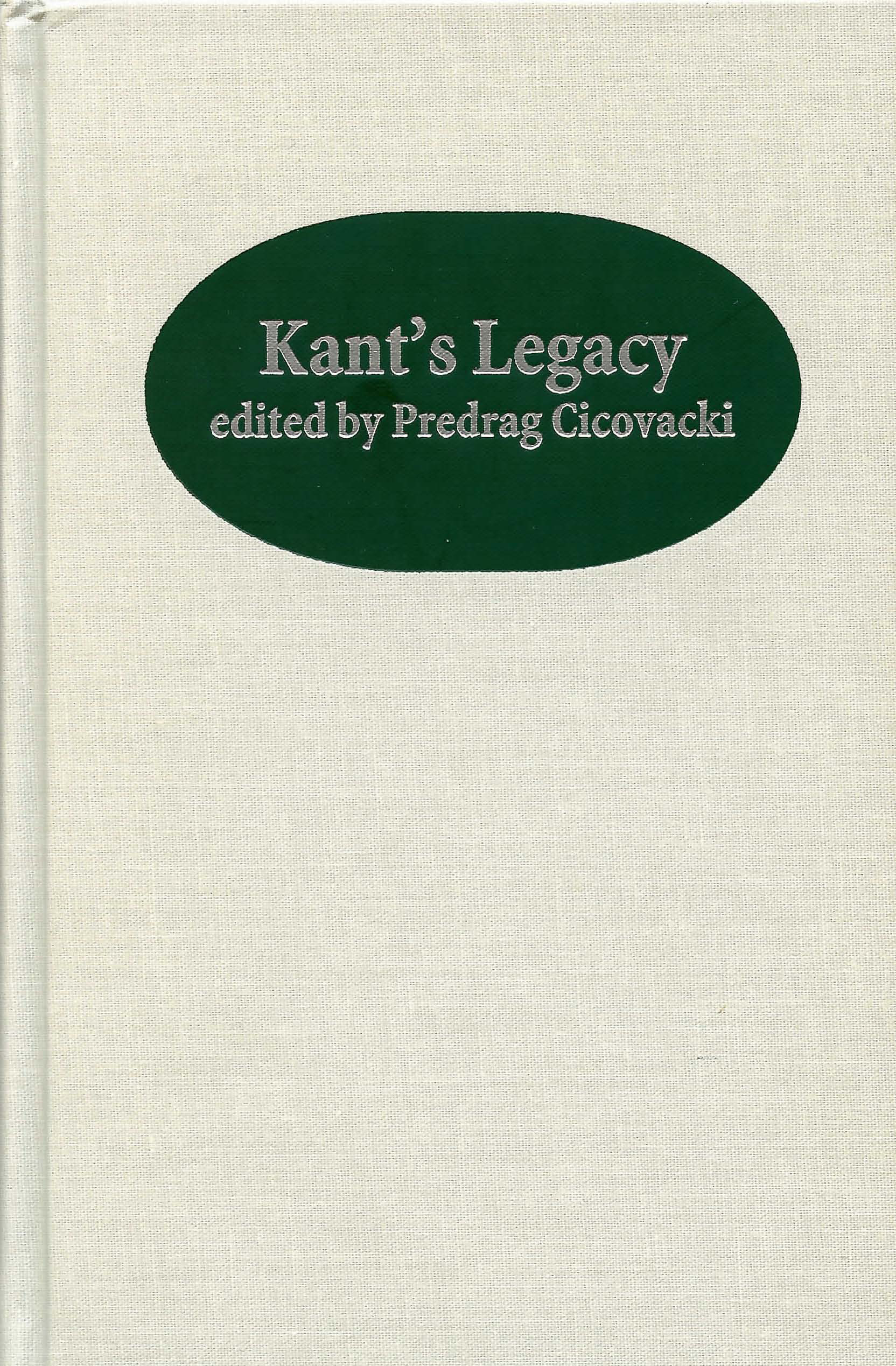Kant and Short Arguments to Humility
Published online by Cambridge University Press: 22 March 2023
Summary
There is an unusual relationship between Kant’s own arguments for transcendental idealism and the way that his position has been presented by later philosophers. In our own time, many important systematic philosophers who are not very concerned with the details of Kant’s texts have presented his position as a kind of “global” idealism, that is, an idealism that immediately makes ideal everything that human beings can sense, or think about, or at least know in any way. Sometimes this kind of interpretation is accompanied by a sympathetic attitude, a desire to present Kant as merely rejecting a kind of transcendental realism that is committed to an allegedly absurd positing of entities that are in principle wholly beyond rational comprehension. (Critiques of “metaphysical” realism by Hilary Putnam and Richard Rorty are examples of this tendency in contemporary theoretical philosophy; in practical philosophy the work of John Rawls and his students often appears to promote such an interpretation in its preference for “Kantian constructivism” over moral realism.) At other times, this kind of interpretation is presented by philosophers who are suspicious of idealism of any kind, and who aim to tar Kant with the brush of making everything much too ideal, as if he believed, for example, that our concepts and the properties they refer to are nothing but human constructions. (Nicholas Wolterstorff and Roderick Chisholm have suggested versions of this view.)
These kinds of tendencies can also be found in Kant’s first readers. It is well known that Garve, Feder, and other early critics used the “tar brush” approach and presented Kant’s philosophy as a bad version of a global idealism of a “subjective” Berkeleyan variety. A lesser known but even more influential development in Kant’s time involved an opposite tendency: followers such as Reinhold and the early Fichte sought to “save” Kant by presenting or slightly modifying his position in such a way that it would clearly assert what they took to be an attractive global form of idealism that would leave no significant room at all for a metaphysical “thing in itself,” i.e., a reality wholly beyond the posits of transcendental subjectivity.
- Type
- Chapter
- Information
- Kant's LegacyEssays in Honor of Lewis White Beck, pp. 167 - 194Publisher: Boydell & BrewerPrint publication year: 2001
- 2
- Cited by



